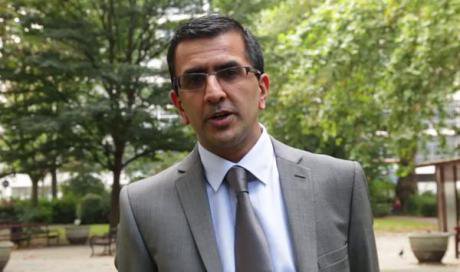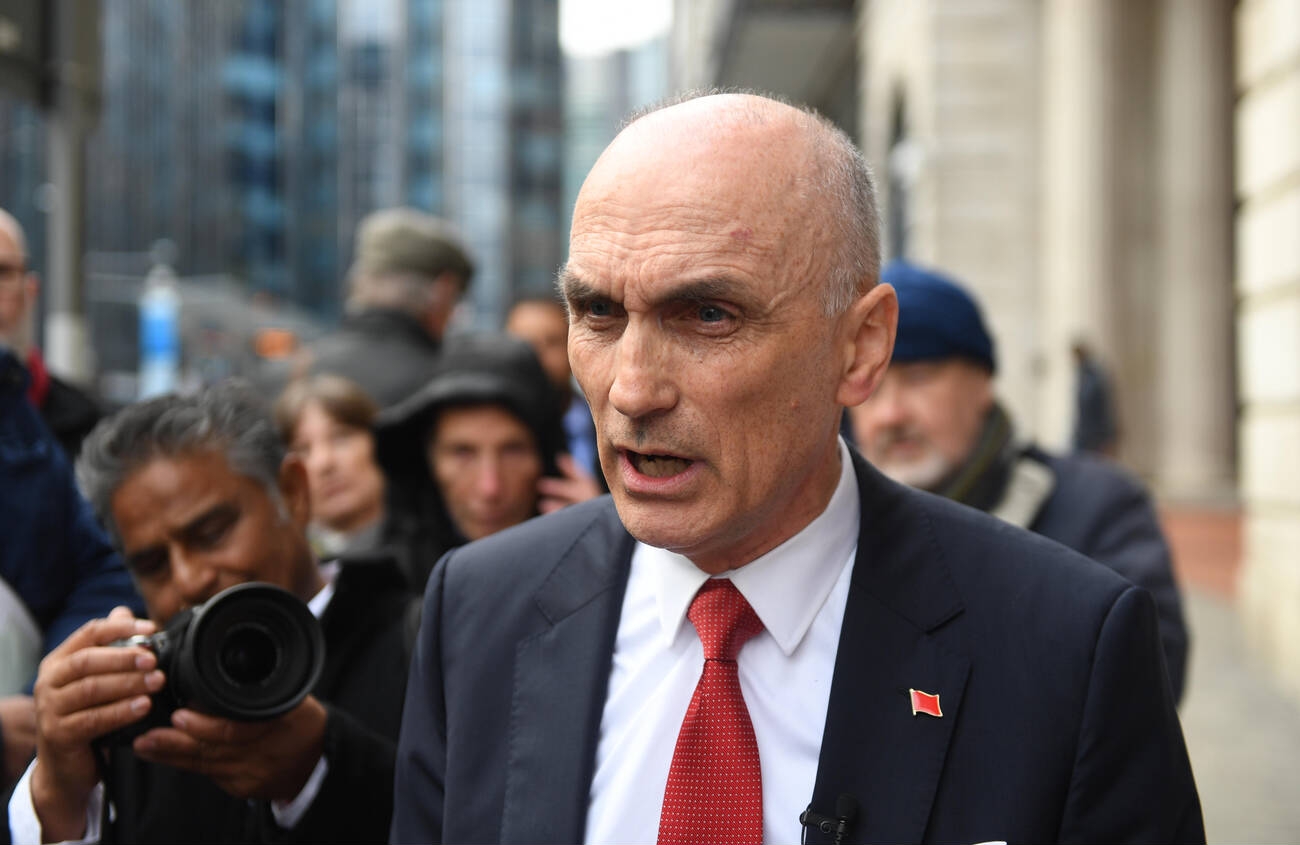Labour Targets UK’s Unhealthy Eating Crisis
As diet-related illness surges across the UK, the Labour Party has pledged action to tackle the nation’s growing health

As diet-related illness surges across the UK, the Labour Party has pledged action to tackle the nation’s growing health emergency. But are these reforms bold enough to make a real difference—or are they window dressing in a system still dominated by powerful food industry lobbies?
Dr. Bob Gill, NHS General Practitioner and outspoken advocate for public healthcare, offers a candid assessment of the structural forces behind Britain’s poor diets, the economic costs of inaction, and why real change depends on confronting corporate influence, not just banning adverts or promoting awareness.
1-What do you see as the biggest barrier preventing Britons from adopting healthier eating habits, despite widespread awareness of the risks?
Commercial interest control political power. Labour will not act effectively if corporate profits are impacted. BigFood are a powerful lobby and our MPs are weak & corrupt
2- The government plans to ban junk food advertising before 9 p.m. — do you believe such restrictions are enough to curb the rising rates of obesity, especially in children?
No. Ban on TV advertising will have little impact given all other vehicles for advertising
3- With obesity and related diseases costing the UK economy £268 billion a year, what economic measures could help drive healthier food choices at a population level?
Locally sourced, organic food from farms practicing restorative agriculture free of pesticide & fertilizer use. High quality free school meals for all. Education of diet and cooking real food. UK has highest consumption of ultra-processed food leading to physical & mental harm
4- Only 10% of Britons are considered to live healthy lives. What specific actions should the government take to shift this statistic in a meaningful way?
Promote physical activity in schools, walk to school schemes, cheaper access to gyms & clubs.
5- How can the NHS and local communities better collaborate to implement the “prevention-before-cure” strategy promised by the Labour Party?
Public funds used to build infrastructure and fund lifestyle education but not outsourced to private providers.
6- Given that past governments have failed to reverse the UK’s unhealthy eating crisis, what makes this new round of reforms more likely to succeed?
Nothing. I see no evidence that this government is any more sincere than previous administrations. BigFood profits are more important to them than public health.









